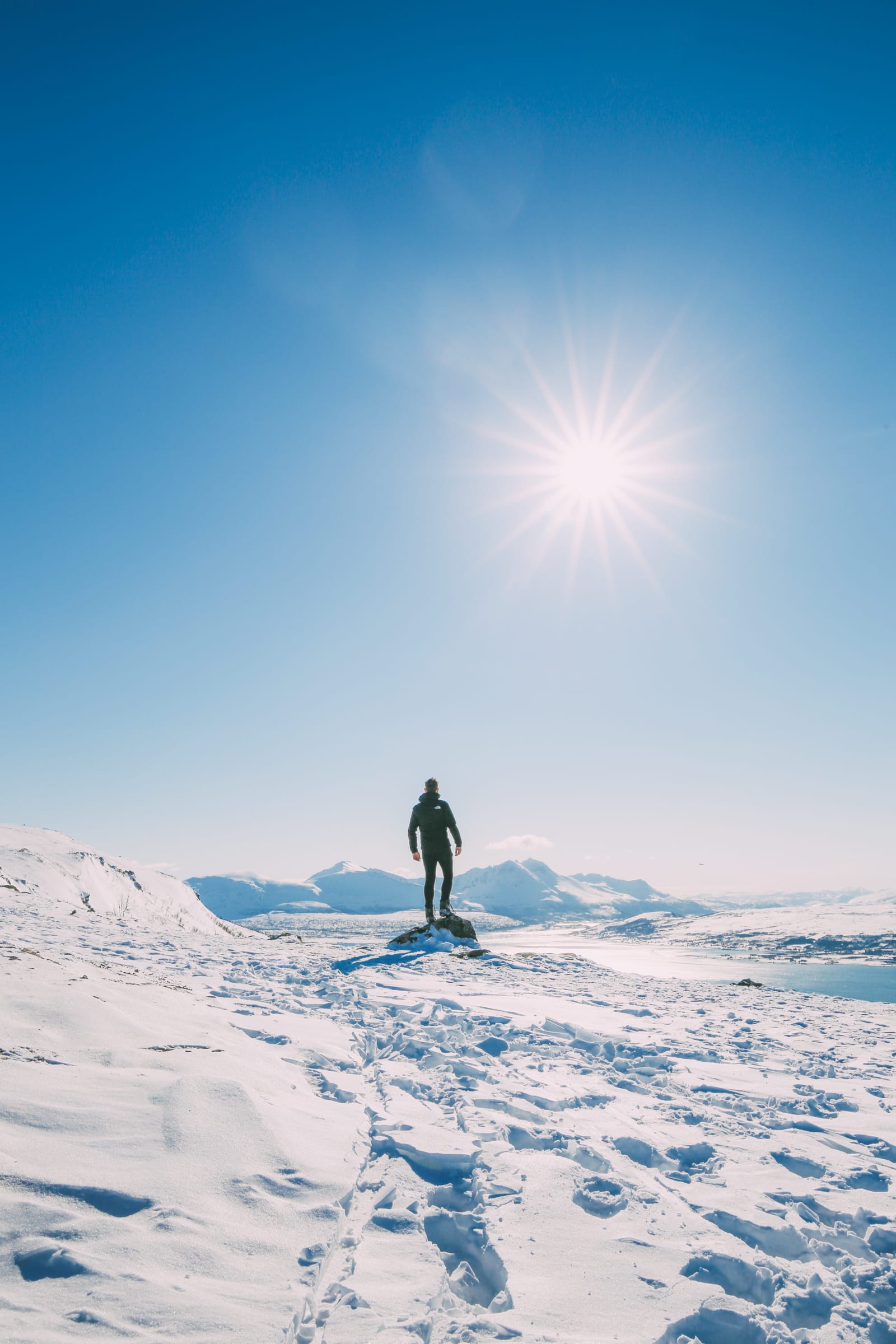Essential Tips for Traveling in Honduras
My first visit to Honduras was while backpacking through Central America, where I discovered Roatán as a fantastic destination for diving. What started as a planned few days turned into an entire month, as I was captivated by the underwater beauty.
Honduras continues to lure me back with its stunning waterfalls, black sand beaches, lush cloud forests, and enriching Maya ruins. Although it has a challenging reputation, those who approach the destination with an open mind will find an extraordinary landscape and culture waiting to be explored. Below are some practical tips to ensure a rewarding experience.
1. Plan for at Least One Week
To fully appreciate the breathtaking diversity of Honduras, plan to spend at least one week in the country. This timeframe allows you to indulge in diving, snorkeling, and relaxing on the beautiful Bay Islands, experience white-water rafting on the spectacular Rio Cangrejal, and explore historic Maya ruins in Copán.
Extending your trip can lead to adventures in coastal towns, highland communities, rainforests, and even the majestic volcanoes of the region.
2. Expect Some Rain
Honduras experiences two rainy seasons; however, the sun often makes its appearance daily. It’s generally wet from October to February along the Caribbean coast and in La Moskitia. In contrast, the interior and Pacific regions see rainfall mainly from May to October.
Hurricanes are uncommon, but flooding and mudslides can occur, particularly in highland areas. Therefore, whenever you travel, carrying a waterproof jacket is advisable.
3. Pack Layers and Versatile Shoes
Temperature variation in Honduras largely depends on elevation. The mountainous regions are typically cooler, while the coastal areas are hot and humid. Pack layers to adjust to different climates effectively.
Good walking shoes or water-friendly sandals are essential for exploring and participating in outdoor activities, while flip-flops are recommended for beach visits.
4. Bring Skin Protection and Snorkeling Gear
It’s wise to bring your own mosquito repellent and sunscreen as local products can be costly. Additionally, if you plan on snorkeling, bring your own gear to avoid inflated rental prices.
5. Leave Valuables at Home
As with many destinations in Latin America, it’s best to avoid drawing attention with flashy items like jewelry or expensive clothing, which may make you a target for theft.
6. Dive in Honduras
The Bay Islands are known for affordable diving opportunities, ranging from certification courses to fun dives. With numerous dive shops available on Roatán and Utila, be sure to do your research to find a reputable establishment that suits your needs.
7. Carry Small Bills and Coins
Cash is necessary in Honduras, preferably in smaller denominations. ATMs are widely available, but ensure you withdraw funds in secure locations during daylight hours to avoid any risks.
8. Expect Credit Card Surcharges
While many locations accept Visa and Mastercard, be prepared for an extra fee of 5% to 10% at midrange and upscale establishments. Carrying cash can often be more economical in certain situations.
9. Familiarize Yourself with the Language
Spanish is the official language of Honduras; however, English is also widely spoken, especially in areas that were once British colonies like the Bay Islands. Learning a few key Spanish phrases is beneficial, and in Indigenous communities, greetings in Garifuna will be highly appreciated.
10. Travel by Bus
Buses are the most convenient mode of transport across mainland Honduras. Opting for directo or ejecutivo services ensures a faster and safer journey, whereas parando service is more economical and offers an authentic local experience.
11. Master the Art of Greeting
Hondurans are warm and friendly people. A simple “buenos días,” “buenas tardes,” or “buenas noches” upon entering a business or meeting someone can go a long way in fostering goodwill.
12. Remember to Tip
In full-service restaurants, a 10% tip is customary. While tipping is less expected in casual dining, it’s a kind gesture, especially for hotel staff and guides.
13. Avoid Excessive Bargaining
Overt haggling is uncommon in Honduras; prices are mostly fixed. Some light negotiation may be acceptable in smaller establishments, but it’s important to respect local customs.
14. Handle Toilet Paper Carefully
Due to the plumbing conditions, it is advisable to dispose of toilet paper in the provided trash bins instead of flushing.
15. Exercise Caution in Major Cities
As in many countries, larger cities like San Pedro Sula and Tegucigalpa can be riskier. Prioritize daytime activities in busy areas and avoid traveling by bus in cities. Instead, opt for private transport during the night.
16. Be Mindful of Theft
Most crimes tend to be petty thefts. Stay alert in crowded areas and safeguard your belongings to reduce the risk of being targeted by thieves.
17. Drink Bottled or Filtered Water
For safety, rely on bottled or filtered water during your stay, and refrain from using tap water for brushing your teeth.
18. Protect Against Mosquitoes
Diseases such as malaria, dengue, and zika can be contracted in Honduras. Keeping mosquitoes at bay with repellents and avoiding outdoor activities during peak times is critical for your well-being.
19. Utilize Embassy Resources
In case of emergencies or issues, don’t hesitate to reach out to your country’s embassy or consulate in Honduras, where assistance is readily available.




